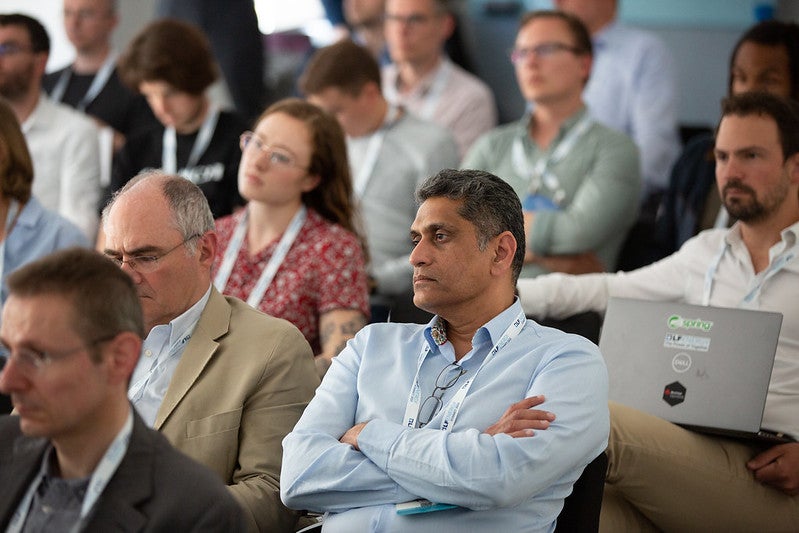What We Learned at LF Energy Summit
LF Energy Summit took place June 1-2 in Paris, hosted by RTE and with sponsorship support from Google and Savoir-faire Linux, in addition to ten non-profit community partners. Over 250 individuals representing over 150 organizations from 34 countries attended to learn how LF Energy and its projects are working collaboratively to develop new technologies to ensure the rapid onboarding of clean energy resources, deployment of electrification infrastructure, load balancing, and interoperability.
Across the more than 35 keynotes and breakout sessions at the event, several key themes emerged:
- Keynotes from governmental and international speakers including Pablo Kevia-Hoch of the IEA, Tony Shannon of the Government of Ireland, and Mary Sotos of the US Federal Energy Management Program demonstrated that leaders realize that the energy transition requires a different approach to that traditionally used in the industry. New ways of building and managing energy systems require more collaboration and faster innovation, which open source can provide.
- Sessions from various utilities and other key energy stakeholders highlighted that the industry has accepted that digitalization coupled with convergence of IT and OT is the only way to achieve decarbonization goals and manage new distributed energy resources. However, they also highlighted that more education is necessary around why open source is the best way to achieve this. This was reinforced by they keynote from Anna Hermansen of Linux Foundation Research and Chris Xie of Futurewei which provided an overview of two new research reports. These reports found that within microgrids as well as energy systems generally, it is understood that digitalization is the way forward, but there is more skepticism around open source technologies which needs to be addressed.
- Better use of data, in terms of collection, storage, and analytics, is key to speeding the energy transition. Many sessions took place on topics such as metering, energy traceability, energy attribute certificates, granular certificates, carbon data, real time data, demand response, and others, all of which noted that better tools for collecting, storing, and using data are essential to achieving decarbonization goals.
Next week we will release videos of all the sessions at LF Energy Summit. Subscribe to the LF Energy YouTube channel to be notified immediately when they go live. You can also access the slides from most sessions by visiting the LF Energy Summit 2023 schedule, clicking on the session of interest, and looking for the PDF download link.
